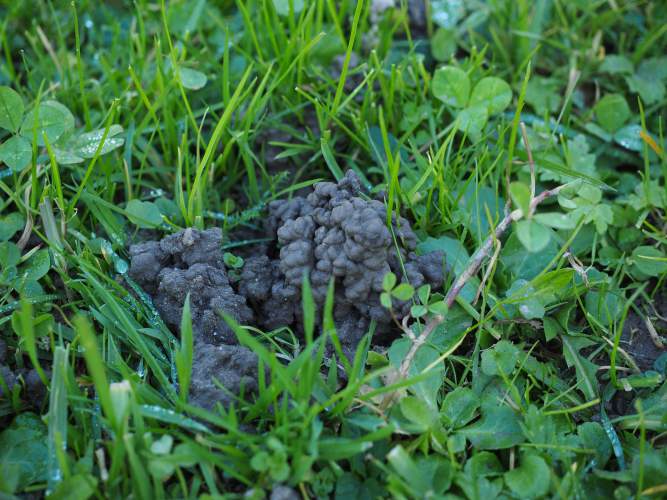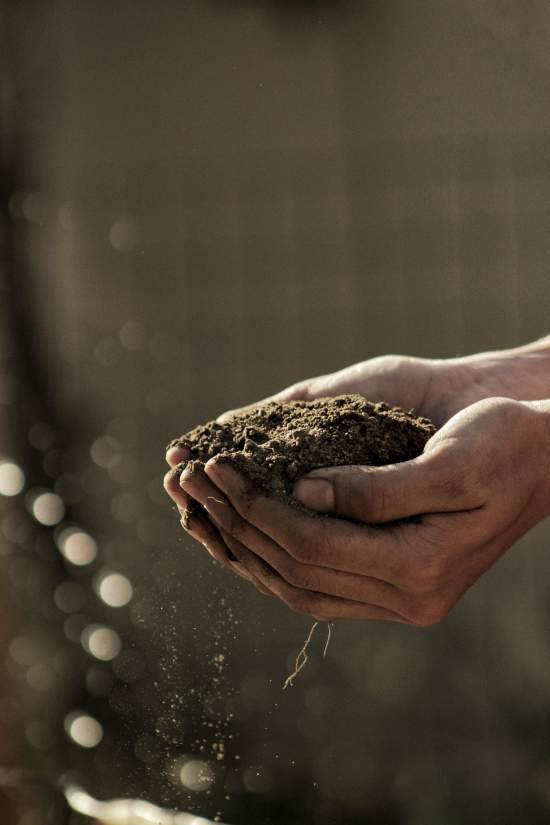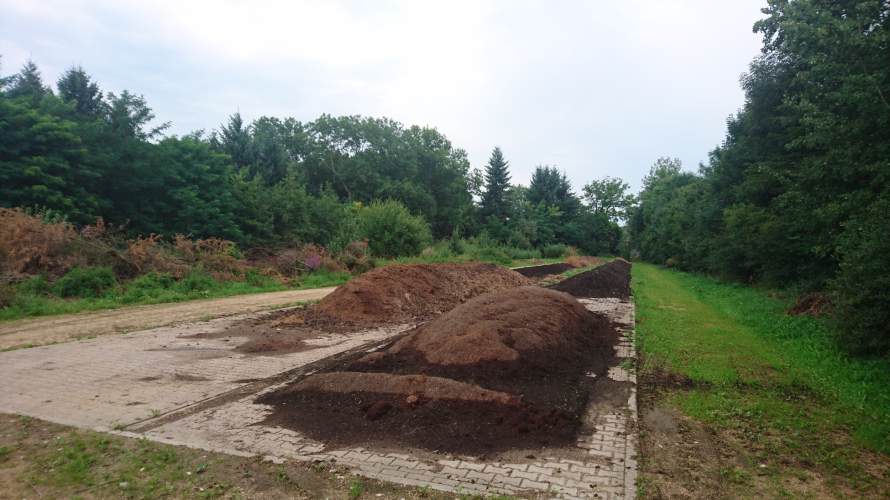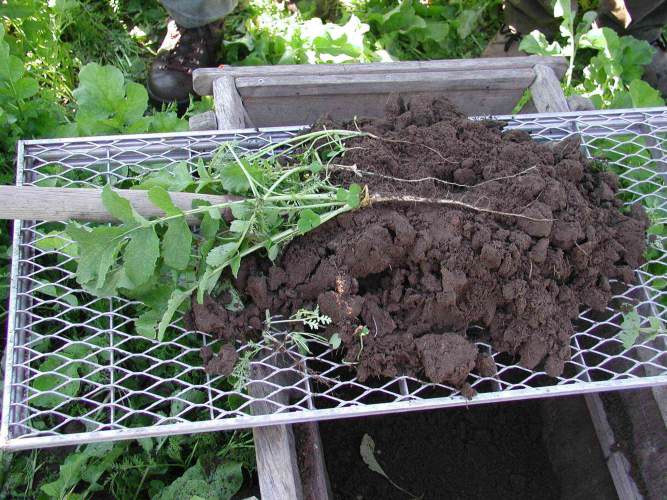Humus management & regenerative agriculture
High investments are made in climate protection, flood protection, erosion control and complex water treatment. Only recently has there been a renewed focus on these issues: We need healthy soils!
Descriptions of “sustainable agriculture” have increased significantly in recent years. Agroecology, regenerative agriculture, hybrid agriculture – who can still make sense of it all? Regenerative agriculture” in particular has been enjoying increasing attention in the press and in research funding for a few years now.
The small organic farmer, the chemical giant Syngenta and the food multinational Nestlé: they are all flying the flag for “regenerative agriculture”. But where does the term come from, who uses it for what purposes and what is behind it?
To safeguard the future and especially in view of climate change, it is urgently necessary to increase the humus content of soils and promote soil life and thus treat the reduced water absorption, storage and filtering capacity and the increased susceptibility to erosion – i.e. the impaired soil functions – of our agricultural and forestry soils.
We need to rebuild soils.
Sensible humus management thus promotes the ecosystem services of soils, such as water absorption, water storage and flood prevention.
The production of our own fertilisers and animal feed through the N-fixation of legumes and the reduction of fuel requirements during soil cultivation through root loosening with catch crops and mixed crops reduces energy requirements and is climate-friendly.
Together with the use of compost, these measures significantly improve the humus content. Research shows, for example, that organically farmed soils can bind twice as much carbon and store twice as much water as conventionally farmed soils. This is because the high humus content, achieved through organic fertilisation and diversity in crop rotation, promotes soil life and the development of a good soil structure.
Agroforestry systems also contribute to building up humus down to deep soil layers, and keyline design creates water retention. All of this can certainly be called “regenerative”.
Offer: Store more water in the soil – with biopores – lecture or seminar
Offer: Create sponge landscapes – lecture or seminar
Offer: Humus build-up – measures & potentials – lecture or seminar
Offer: Organic fertilisers & soil conditioners, which ones are good? – Lecture or seminar
Offer: Regenerative agriculture – what’s in the box? Better at building up humus? – Lecture or seminar
Offer: Potentials of permaculture & agroforestry systems – lecture or seminar
Selection of publications relating to the topic:
Read and hear more …
Beste, A. (2024): Germany: To Reduce Pesticides, Start with Nutrient Management
Beste, A. (2023): Indoor Farming – Sustainability Spin or Substance?
Beste, A. (2022): GREENWASHING & HIGH TECH – Faking it: (un-)sustainable solutions for agriculture.
Beste, A. (2022): Keynote lecture ‘On the state of soils in Europe’s agriculture’.
Beste, A. (2021): Agroforestry and CAP – all Talk, no Trees.
With the collaboration of A. Beste; EEB (2021): Carbon Farming for Climate, Nature, and Farmers report
Beste, A. (2019): Comparing Organic, Agroecological and Regenerative Farming.
Beste, A. (2018): SoilMatters …. On humus, soil structures & the limits of no-till. On ARC2020
More publications on humus can be found here.



